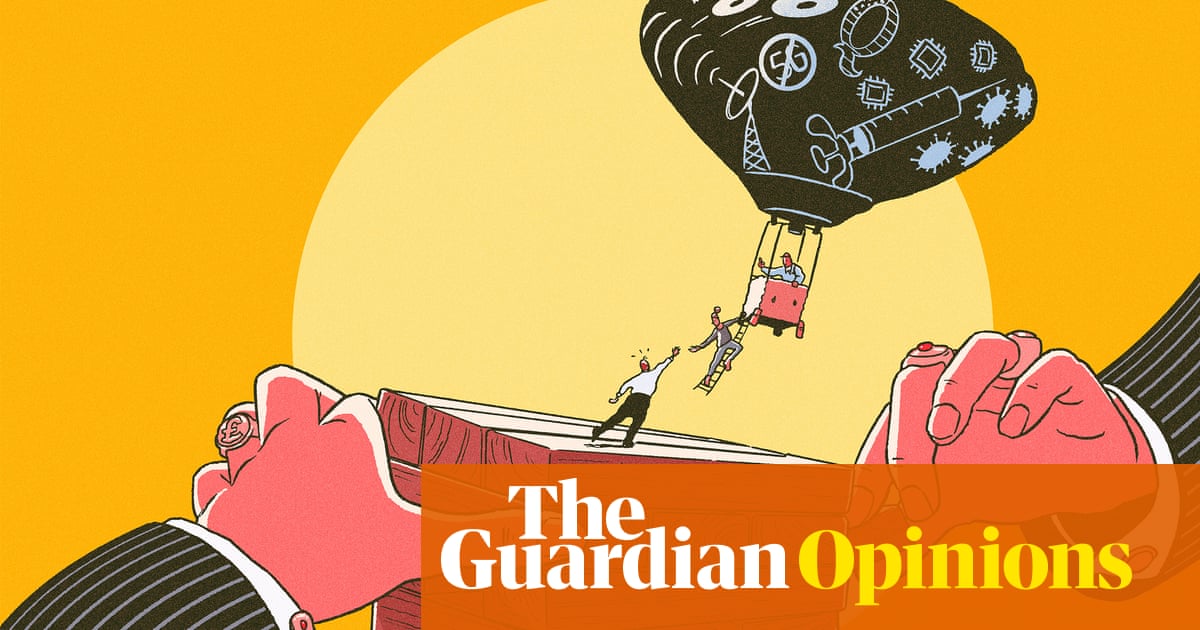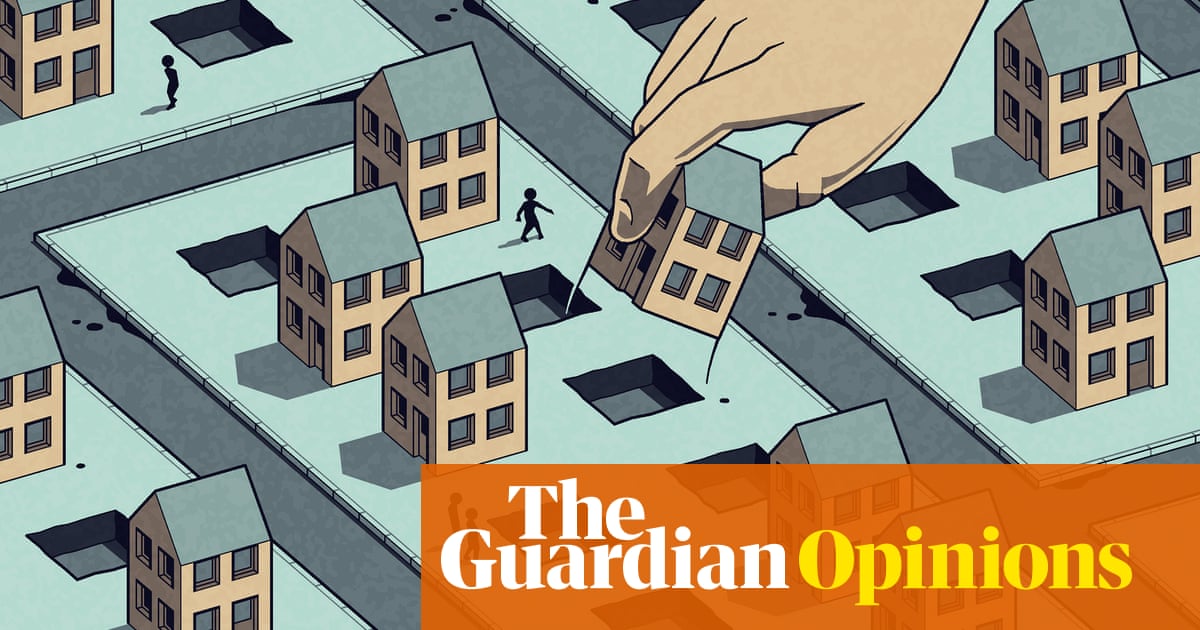
Just under a fortnight ago, I watched England’s Euro 2020 semi-final against Denmark in another country. I was in Wales. In the bar of a Swansea hotel, I took my pre-booked place next to an English guest apparently sent by central casting. There he was: as the great Billy Bragg sang, “one of those blokes / The sort who only laughs at his own jokes”, eating and drinking on his own but frantically yelling at the giant television screen even during the pre-match buildup. He booed Denmark’s national anthem and liberally used the C-word about the players in its team – but then mysteriously disappeared when England’s players took a knee. Once he returned, his performative belligerence worsened after he was asked to pipe down by the (Welsh) bar staff, and he soon left without paying his bill: an embodiment of the irate spirit of Albion, caught as ever between self-pity and arrogant fury, and apparently reduced to watching the match in his lonely room.
In the week or so since England’s climactic defeat by Italy, this mode of Englishness has once again passed into infamy, sped on its way by the behaviour of some fans at the championship final and the subsequent racist abuse of Jadon Sancho, Marcus Rashford and Bukayo Saka. The licence given to such bigotry by both the government and the rightwing press has now disappeared into the establishment memory hole – Boris Johnson denying having ever implicitly excused the booing of the England team, the Sun topping its front page with the priceless strapline, “Nation unites against racists”. But as absurd as they are, these things have happened because of this year’s most fascinating development: the unexpected entry into post-Brexit politics and culture of a collective cast of mind that is profoundly humane, inclusive and kind – not the kind of adjectives usually associated with 21st-century England, which is some token of how striking recent developments have been.
The fact that the England team’s modest acts of protest against prejudice have kicked up such a huge fuss has underlined both the continuing scourge of racism and a lot of people’s rejection of it. But once Gareth Southgate calmly pointed out that his players’ opposition to prejudice was part of a national story (he talked, after all, about “the polarisation we see in society”, and the idea that supposed tradition should not get in the way of collective “introspection and progress”), he and his players inevitably acquired roles in a drama about their country’s character. Clearly, he knew that there was a yearning for a better kind of Englishness than the one that serially descends into machismo, intolerance and nastiness – and now, as the aftershocks of Euro 2020 continue to reverberate, a sense of what that might mean is unfolding.
With echoes of the summer of 2020, the protests and tributes at the Marcus Rashford mural in south Manchester have given opposition to racism a visceral symbolic power. England players and managers who did not win things were once summarily judged, mocked and ripped to pieces; now, it seems, a lot of us rightly worry about their mental health and wellbeing.
Rashford’s centrality to developments has ensured that poverty and awful official attitudes to childhood are part of the mix. There are also elements of the story that deserve a lot more attention than they have been given. A good example: Rashford, Saka and Raheem Sterling are all practising Christians. Their back stories share a deep work ethic, close family ties, and a staunch loyalty to where they are from. They are much more interesting figures than the “woke” culture-warrior caricature that a lot of Conservatives have attached to them, and the fact that the government has managed to give the impression that it both dislikes and misunderstands them and what they represent should give any halfway enlightened Tories huge pause for thought.
None of us know whether the apparent shift England’s Euro 2020 story has sparked will last: this, after all, is a country given to huge emotional episodes that often peter out. Nonetheless, this is a specifically English moment, which ought to be partly understood as another phase of a story that goes back at least seven years. In 2014, the vote on Scottish independence began to catalyse conversations about the question that had long hung over England and its politics and culture. The referendum of 2016 invited us all to think about what kind of Britain we wanted to live in, and for many people such questions were really about the UK’s largest country: the leave side had an answer that resonated, but leading remainers seemed embarrassed to go anywhere near such terrain. Last summer, one of the most compelling aspects of English Black Lives Matter protests was the sense of Brexiteers’ visions of our past and future being so righteously contested. Meanwhile, the pandemic ground on: research now suggests that Covid-19 has made three-quarters of people in the UK “re-evaluate the most important aspects of their lives”, so the fact that many of us seem to be applying the same thinking to our collective condition is hardly surprising.
There are other factors that also go well beyond national borders. For all that the giants of social media have a huge case to answer when it comes to online hate, the internet has also fostered cultures in which diversity is the norm, and the realities of human frailty and imperfection are freely shared. When I talk to people from generations younger than mine (I’m 51), I am always struck by how at ease they are with the vocabulary of mental health and mutual care – and, when they are English, how unlike the shouty, aggressive national stereotype most of them are. In that sense, and plenty of others, reality has caught up with the kind of stupid characterisations of England that have long been allowed to run riot. Most of England is not the country of Nigel Farage, lingering imperial delusions, thirdhand second world war nostalgia and “pull yourself together” – something that is often as true of so-called Brexitland as it is of the big English cities. This plain fact needed a pretext to burst forth: the football provided it.
The result has been a sense that both sides of Westminster politics are adrift. Ministers’ pathetic contortions over taking a knee have been followed by actions that underline their grim moral and political instincts: the cutting of foreign aid, and the way that the blithe lifting of Covid restrictions seems to be founded on a cruel individualism. Keir Starmer’s decision to try to revive his party’s standing using union jacks and retrogressive ides of “belonging” now looks rather off the mark. The wider left, meanwhile, continues to tie itself in knots about the viability of “progressive patriotism” and the dangers of nationalism, when what has happened this summer seems very simple. The country in which 56 million of us live is full of huge social problems, but we now have the beginnings of a better story to tell about it. England is not a lost cause: one reason, perhaps, why people such as the man in Swansea seem so irate.
John Harris is a Guardian columnist












